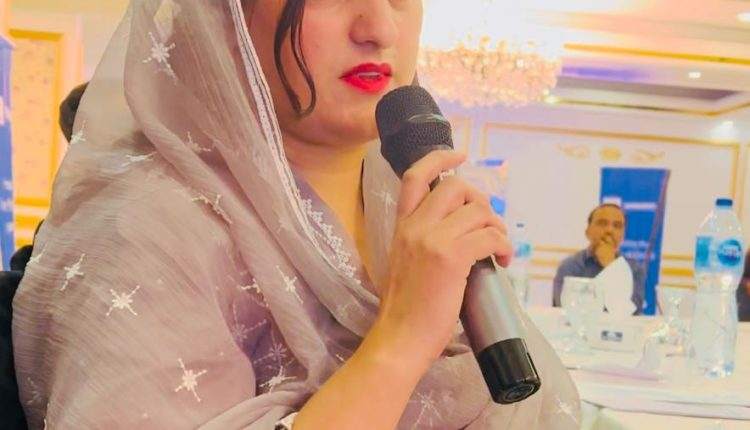The historic Lahore Resolution of 1940 paved the way for the eventual creation of Pakistan, distinct from India. As the clock struck midnight on August 14, 1947, Pakistan emerged as a new nation. The Indian subcontinent was divided along religious lines, leading to the creation of Pakistan and India. The Partition, however, was marred by communal violence and mass migration, resulting in one of the largest human displacements in history.
The road to independence was not without sacrifice. Countless individuals, from leaders to ordinary citizens, devoted their lives to the cause. The struggle encompassed demonstrations, civil disobedience, and acts of defiance against British rule. The heroic efforts of the people demonstrated their unwavering commitment to a free and sovereign Pakistan.
Over the years, Pakistan has faced numerous challenges, including political instability, economic disparities, and security concerns. However, the nation has also achieved significant milestones, such as the development of its nuclear capabilities, advancements in technology, and contributions to fields like literature, arts, and sports.
Independence Day serves as a reminder of the importance of unity and diversity.
When we look back we came to know that
Pakistan has experienced various forms of government since its inception in 1947.
Pakistan initially adopted a parliamentary democracy, with a President as the ceremonial head of state and a Prime Minister as the head of government. The Constitution of 1956 provided for this system, but it was short-lived due to political turmoil and military interventions.
Pakistan has experienced several military coups that led to periods of military rule. Notable military rulers include General Ayub Khan (1958-1969), General Yahya Khan (1969-1971), General Zia-ul-Haq (1977-1988), and General Pervez Musharraf (1999-2008). During these periods, the military assumed control of the government, often under the pretext of restoring stability.
Pakistan has intermittently transitioned back to democratic governance. The Constitution of 1973, which came into effect during Zulfikar Ali Bhutto’s government, established a parliamentary system. Bhutto’s government was followed by periods of democratic rule under various political parties.
Even during democratic periods, the military’s influence often remained significant. Civilian governments have faced challenges from the military establishment and other state institutions. This has led to a somewhat hybrid form of governance, where elected governments coexist with military influence.
Real independence of a nation refers to its ability to make decisions, govern itself, and determine its own destiny without external interference or domination. This includes political, economic, and cultural autonomy, as well as the freedom to pursue its own interests and policies. Independent nations prioritize their sovereignty and the right to make decisions that benefit their citizens without external interference. Self-determination allows them to shape their own destinies. Nations aim to foster a strong sense of national identity and unity among their diverse populations.
We as a nation need to think that, is flag hoisting ceremonies, parades, cultural events, fireworks and adorning ourselves in green and white, enough to express patriotism and love for the country? Independence Day serves as a reminder of the importance of unity and diversity within Pakistan. It is an occasion for citizens to set aside their differences and come together for the progress of country.

